MACRONUTRIENTS AND PLANT-BASED NUTRITION: Q+A WITH REGISTERED DIETICIAN MALISA NGUYEN


Malisa Nguyen, RD, LD, CPT @MalisaNguyen
Malisa Nguyen has a Bachelors in Dietetics from University of Maryland College Park with a concentration in Sports Nutrition. Since graduating, she has completed clinical rotations and food service rotations. She is a registered dietician, full-time coach, specializing in nutrition coaching, medical nutrition therapy, and personal training.
AFTER BAR: LET’S GO BACK TO THE BASICS. WHAT ARE MACRONUTRIENTS AND WHY DO THEY MATTER?
Malisa Nguyen: Basically, there are three main macronutrients: proteins, carbohydrates, and fats. We need these macronutrients in large amounts — hence the name “macro” — in order for us to function. They play a crucial role in our health and our performance. No one macro is “better” than the other, though there are many myths surrounding that. We need protein for building and repairing our muscles, as well as performing enzymatic processes. Carbohydrates are our body’s main source of energy and preferred source of energy. A lot of carbohydrates are also sources of micronutrients that are harder to find in proteins and fats. As for fats, we need those for our hormonal processes. We store fat-soluble vitamins that keep us functioning; our brains are around 60% fat.
AB: WHY SHOULD WE PAY ATTENTION TO MACRONUTRIENTS BEFORE A WORKOUT?
MN: Depending on how intense your workout is, you may want to prioritize simple carbs around 30 minutes before your workout because they digest quickly and provide quick energy. If you’re eating more than 30 minutes before your workout, you can have complex carbs because they will take longer to digest, but will stabilize your blood sugar a bit better, which will last a longer duration through your workout.
We generally don’t want a high-fat meal before we work out because that causes gastrointestinal distress. Fats digest slowly, so if you are going to have fats, preferably include them 60-90 minutes before a workout versus 30-60 minutes.
AB: WHAT ABOUT POST-WORKOUT NUTRITION?
MN: While protein is often over-emphasized in mainstream media, all macros matter for post-workout nutrition. A combination of all three is crucial for our recovery. Yes, protein is important to repair and recover our muscles right after a workout. But carbohydrates also play a huge role. After an intense workout, we deplete our glycogen stores in the muscles and liver. These glycogen stores provide the energy that fuels our future workouts, so we have to replenish glycogen stores through carbohydrate consumption in order to have energy for our next workout. And fats should be incorporated to help slow digestion and make sure that all the great nutrients we’re intaking don’t just go right through us, but take their time.
While protein is often over-emphasized in mainstream media, all macros matter for post-workout nutrition. A combination of all three is crucial for our recovery.
Malisa Nguyen, RD, LD, CPT
AB: YOU MENTIONED THAT PROTEIN IS USED TO REPAIR AND RECOVER OUR MUSCLES AFTER A WORKOUT. CAN YOU EXPLAIN HOW THAT WORKS?
MN: When you’re working out, you’re literally tearing up your muscle fibers. As you lift a weight, for example, you are creating micro-tears in your muscle fibers. So after a workout, your body goes through a process called muscle protein synthesis to repair those tears. In other words, when you work out you go through a muscle breakdown process, which is later met with a muscle synthesis process to repair and grow your muscles — similar to how scar tissue grows over a wound and creates even tougher skin. When you eat, essential amino acids in protein increase the synthesis process to feed your muscles and properly repair to build stronger muscles.
AB: THERE ARE SO MANY DIFFERENT PROTEIN SOURCES. DOES THE TYPE OF PROTEIN MATTER FOR OPTIMAL MUSCLE PROTEIN SYNTHESIS?
MN: This is another common misconception. Oftentimes, people fear that being on a plant-based diet means they won’t have optimal muscle protein synthesis. In fact, as long as you’re getting those essential amino acids, it doesn’t matter where it comes from. For example, one of the nine main amino acids that play a huge role in muscle protein synthesis is leucine. When you’re looking at a protein powder per se, you’re going to want to look for a minimum of 2.5 grams of leucine per serving for post-workout nutrition. That’s the minimum amount of leucine that’s going to make a meaningful difference when it comes to muscle protein synthesis.
When it comes to a plant-based diet, you may have to be more thoughtful about incorporating different kinds of plant proteins for that full amino acid composition. But to me, this is actually a great thing — it encourages more variety in your diet. Instead of just relying on something like a chicken breast, you may look to both a soy protein product and leafy greens like kale. The After Bar is actually a great example of a plant-based option that includes all nine essential amino acids and ingredients that are packed with micronutrients.
On a thoughtfully curated plant-based diet, you’ll not only be getting the same exact essential amino acids, but you’ll be eating a more colorful and micronutrient-rich diet. It’s so important to me that we stop spreading this misconception that vegan or plant-based diets don’t allow you to achieve your optimal physique or athletic goals.
Malisa Nguyen, RD, LD, CPT
You can find Malisa on Instagram @MalisaNguyen








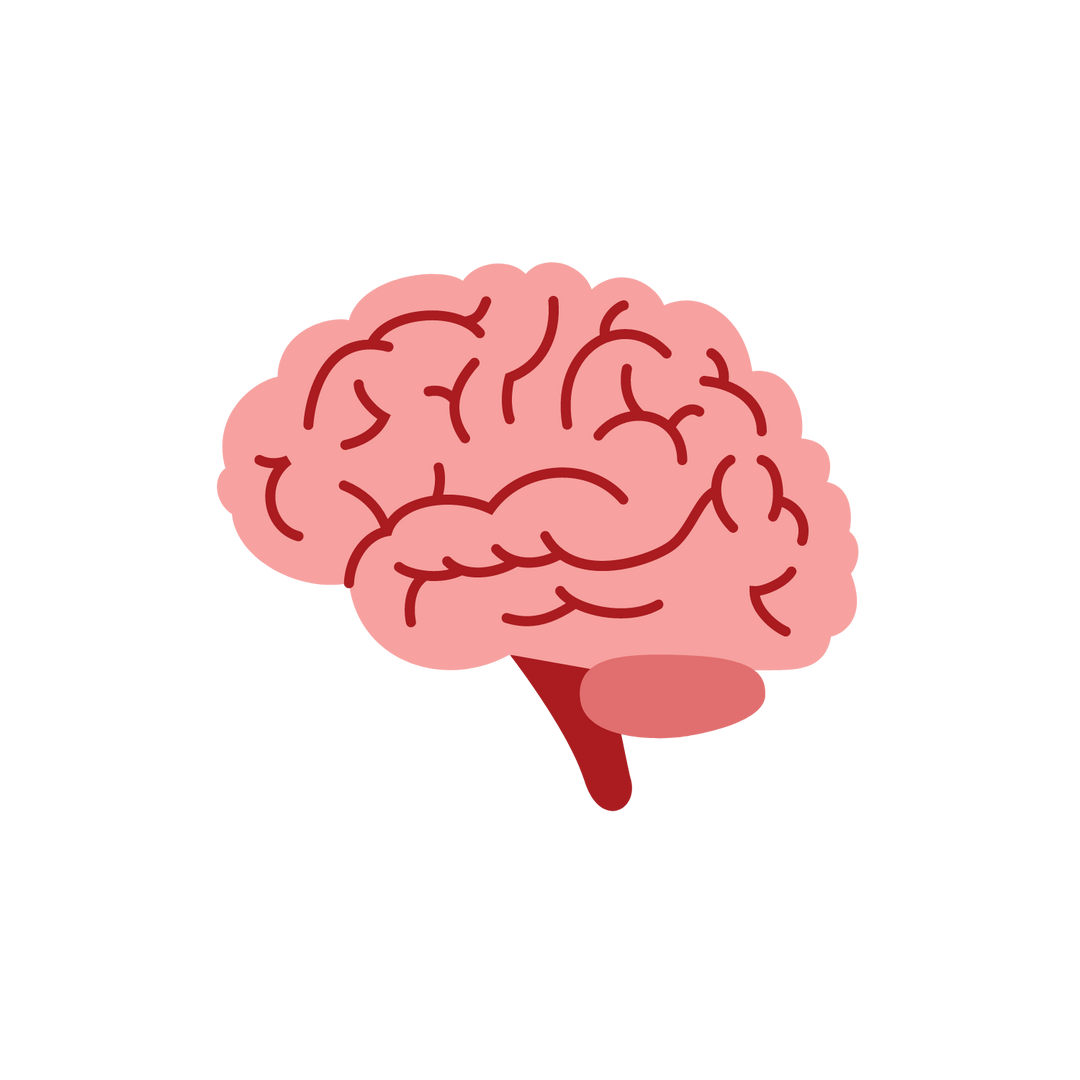

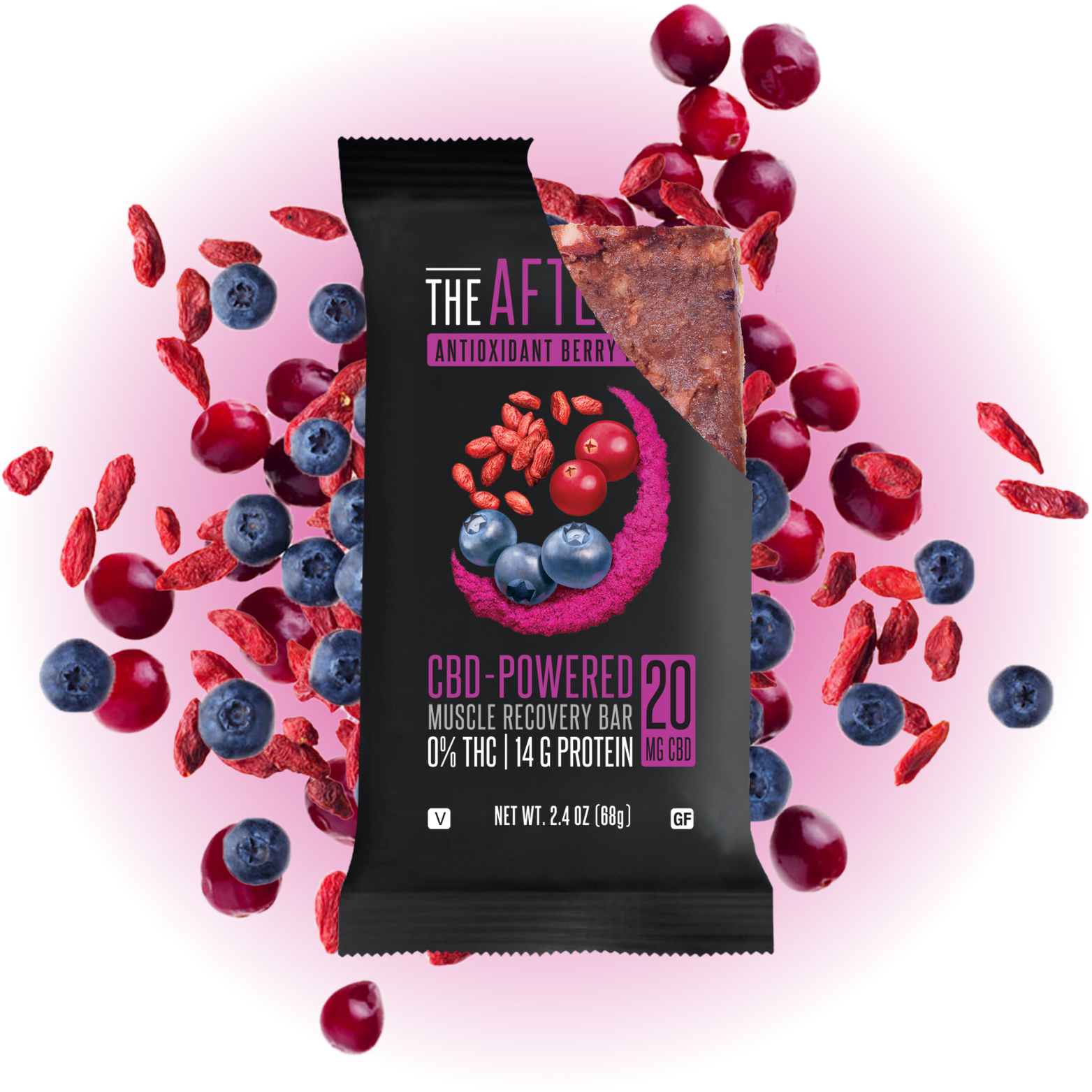
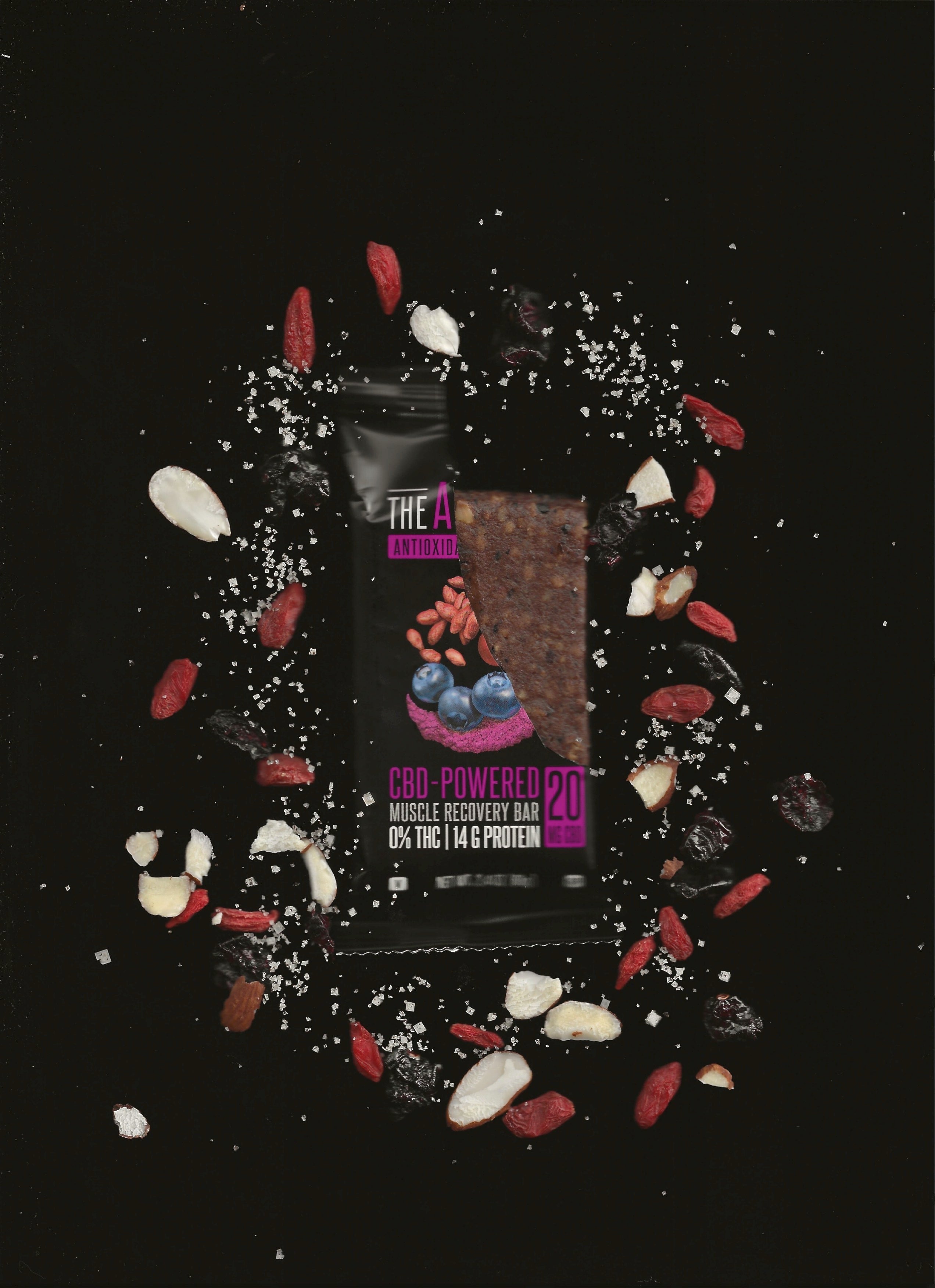
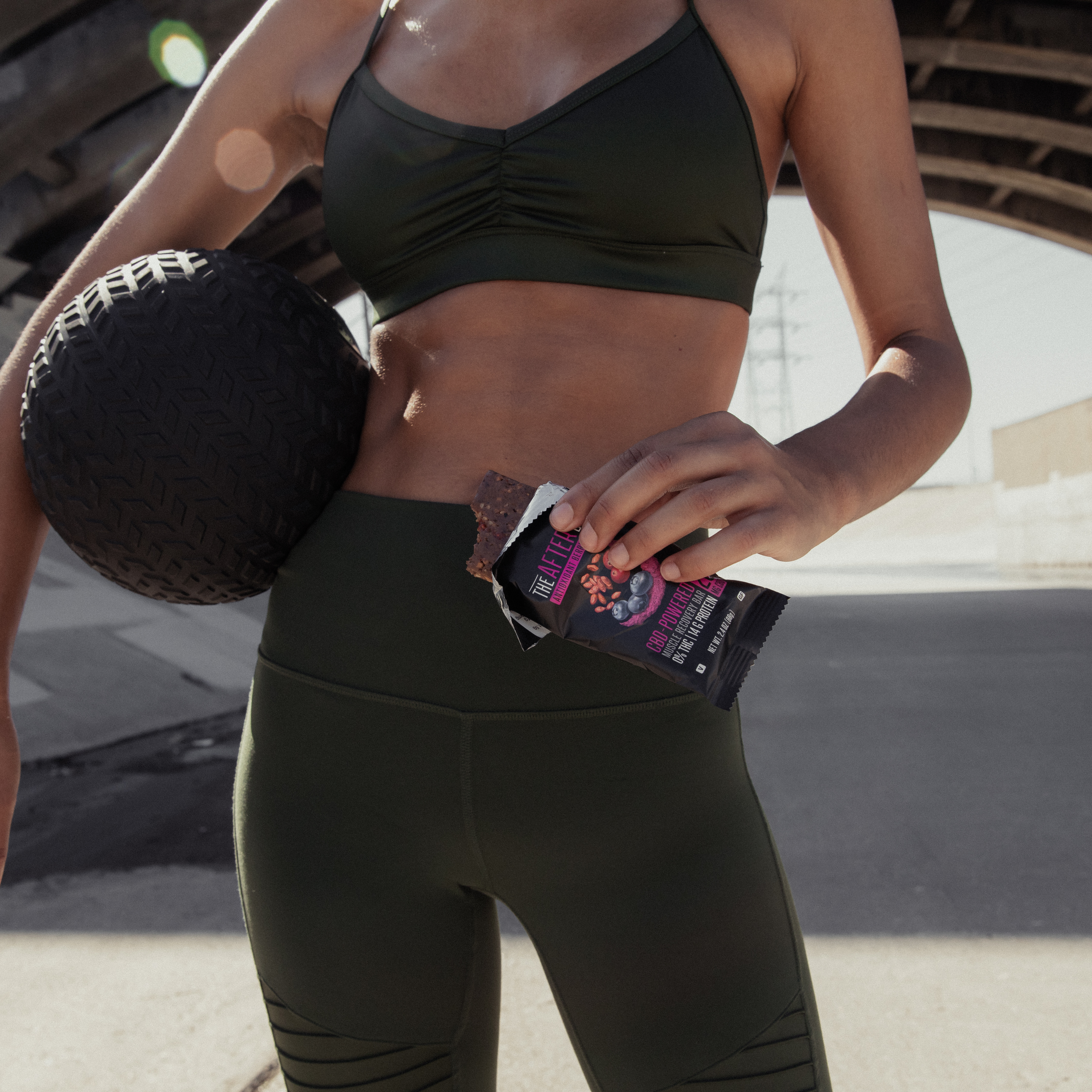
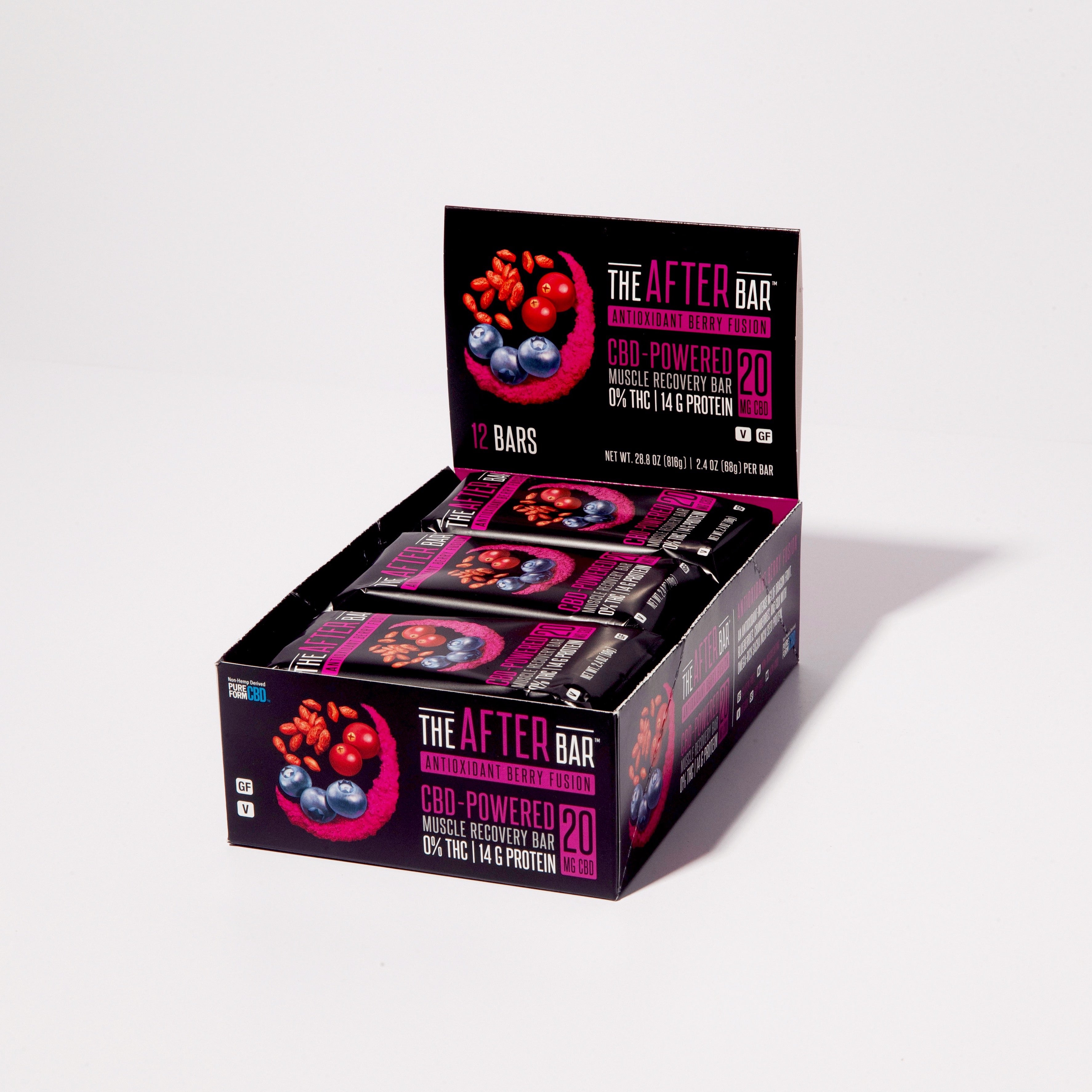
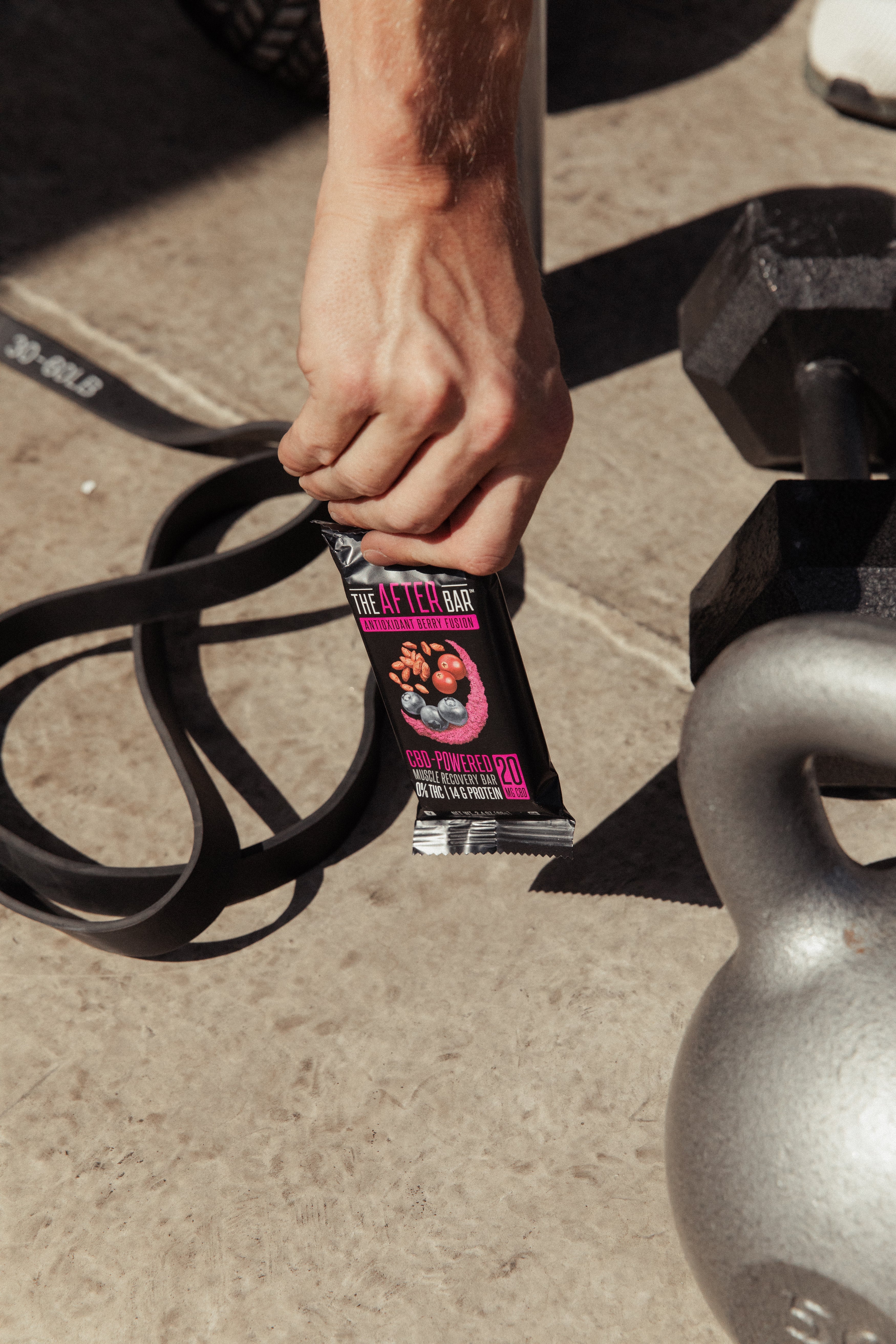
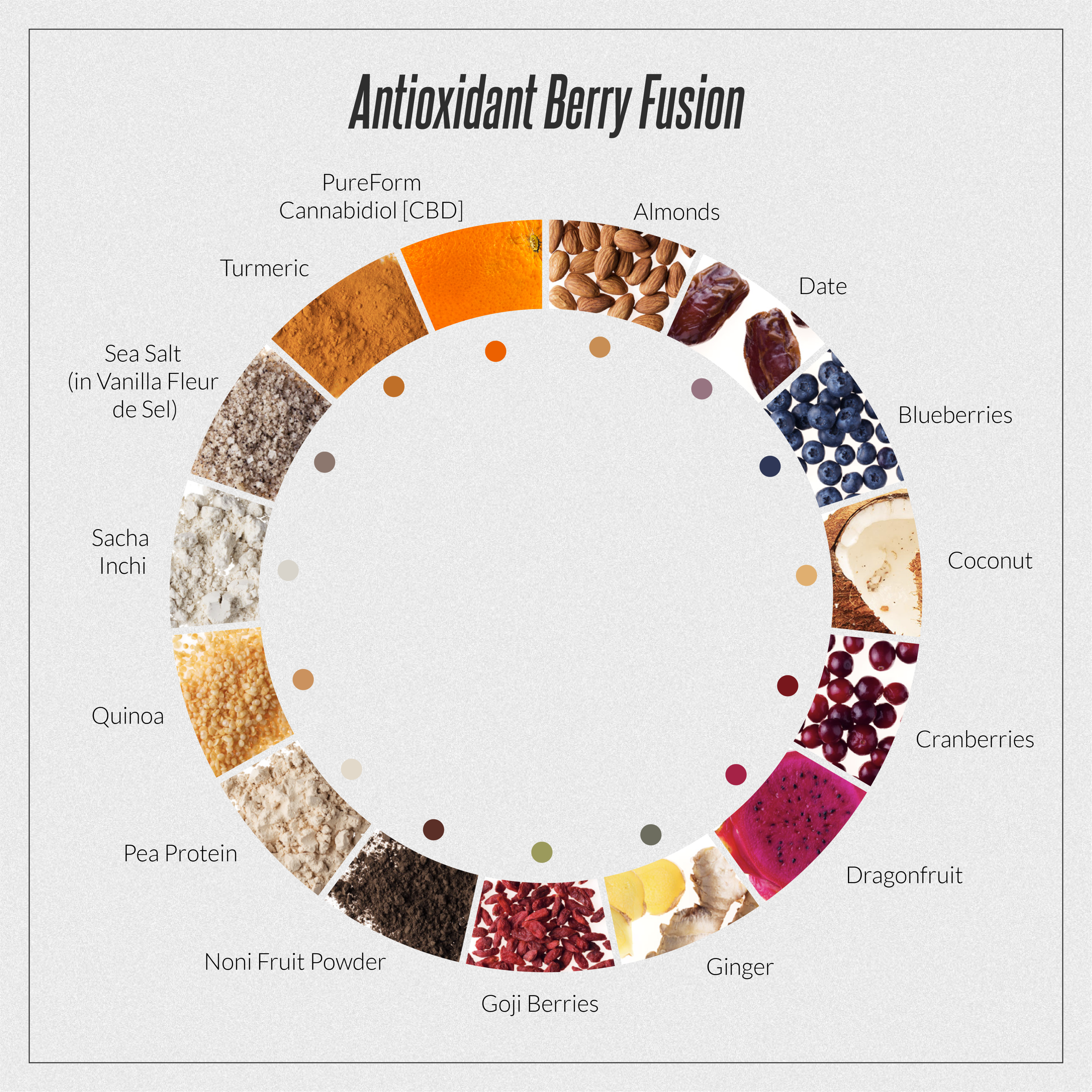
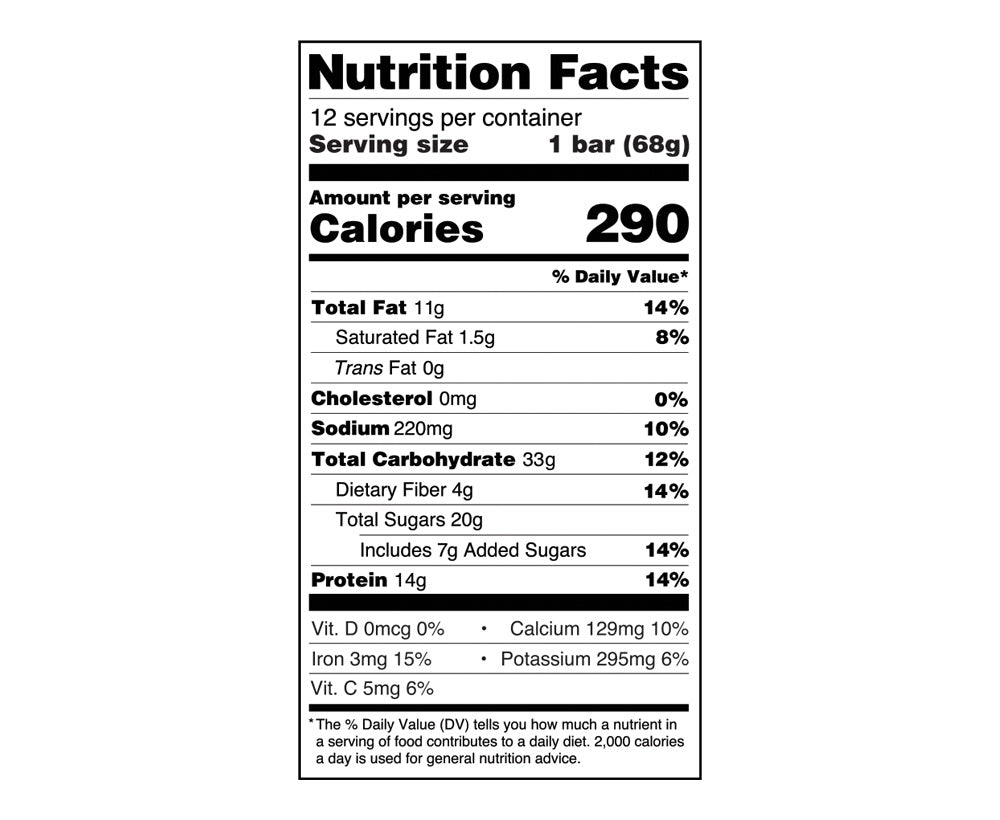
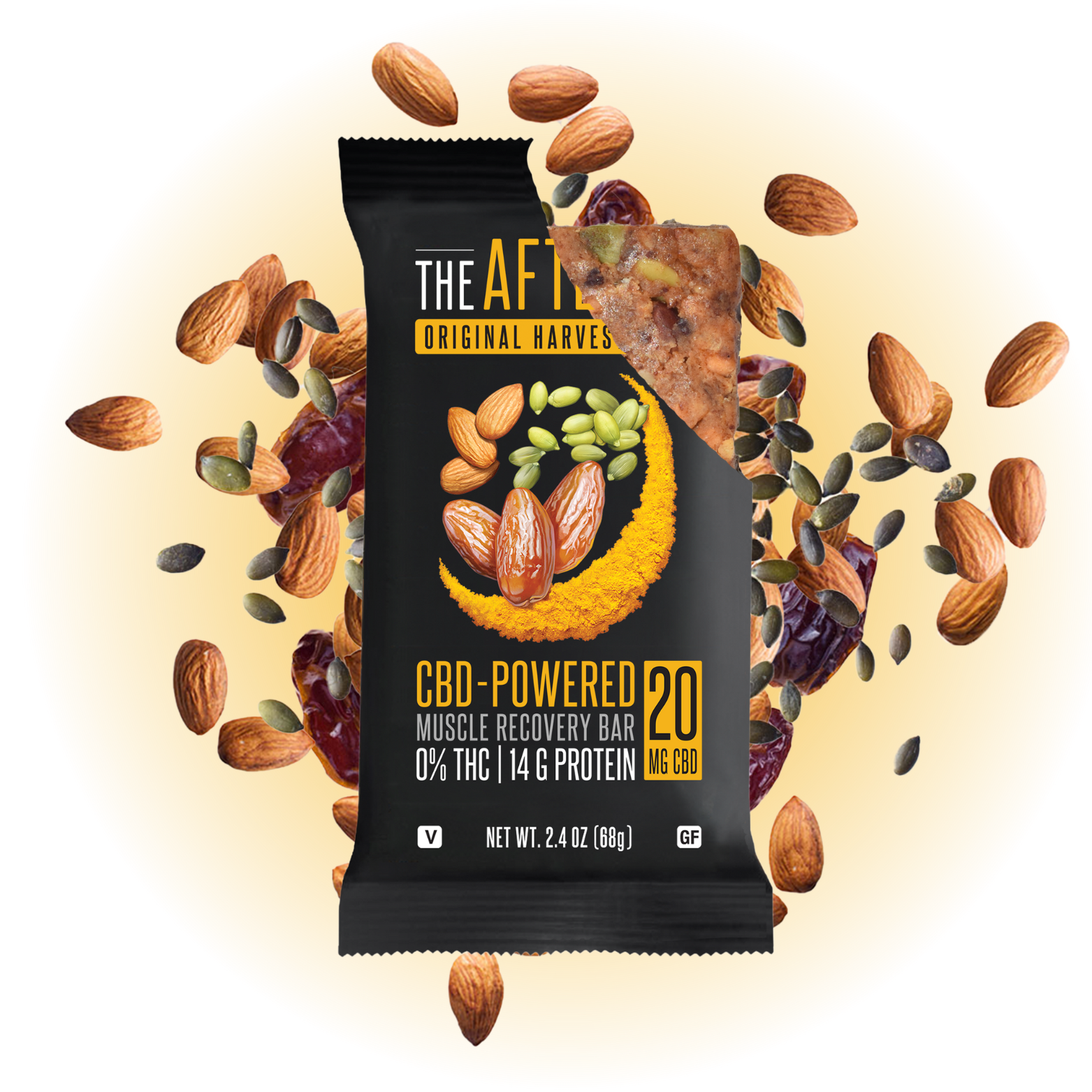
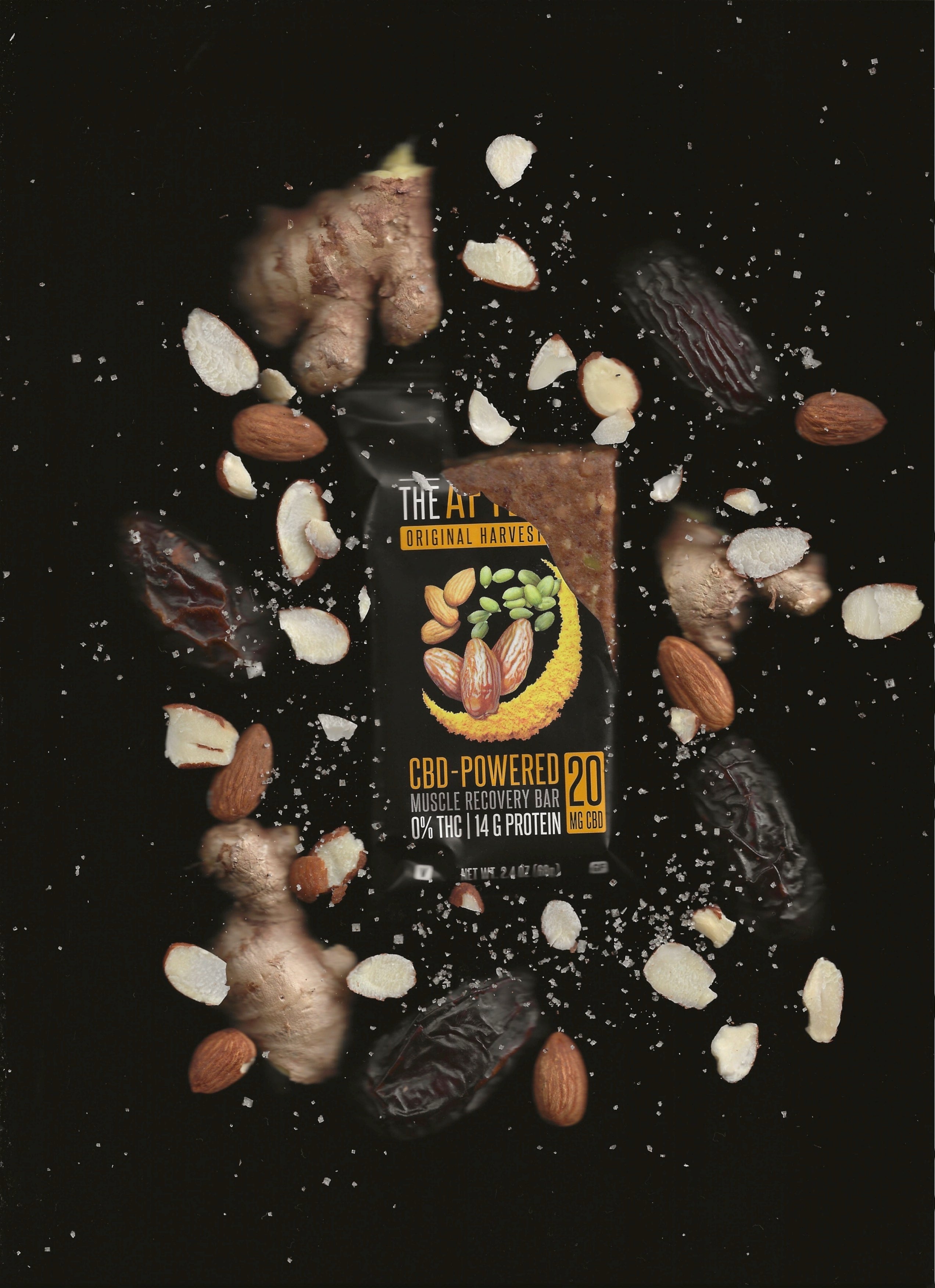
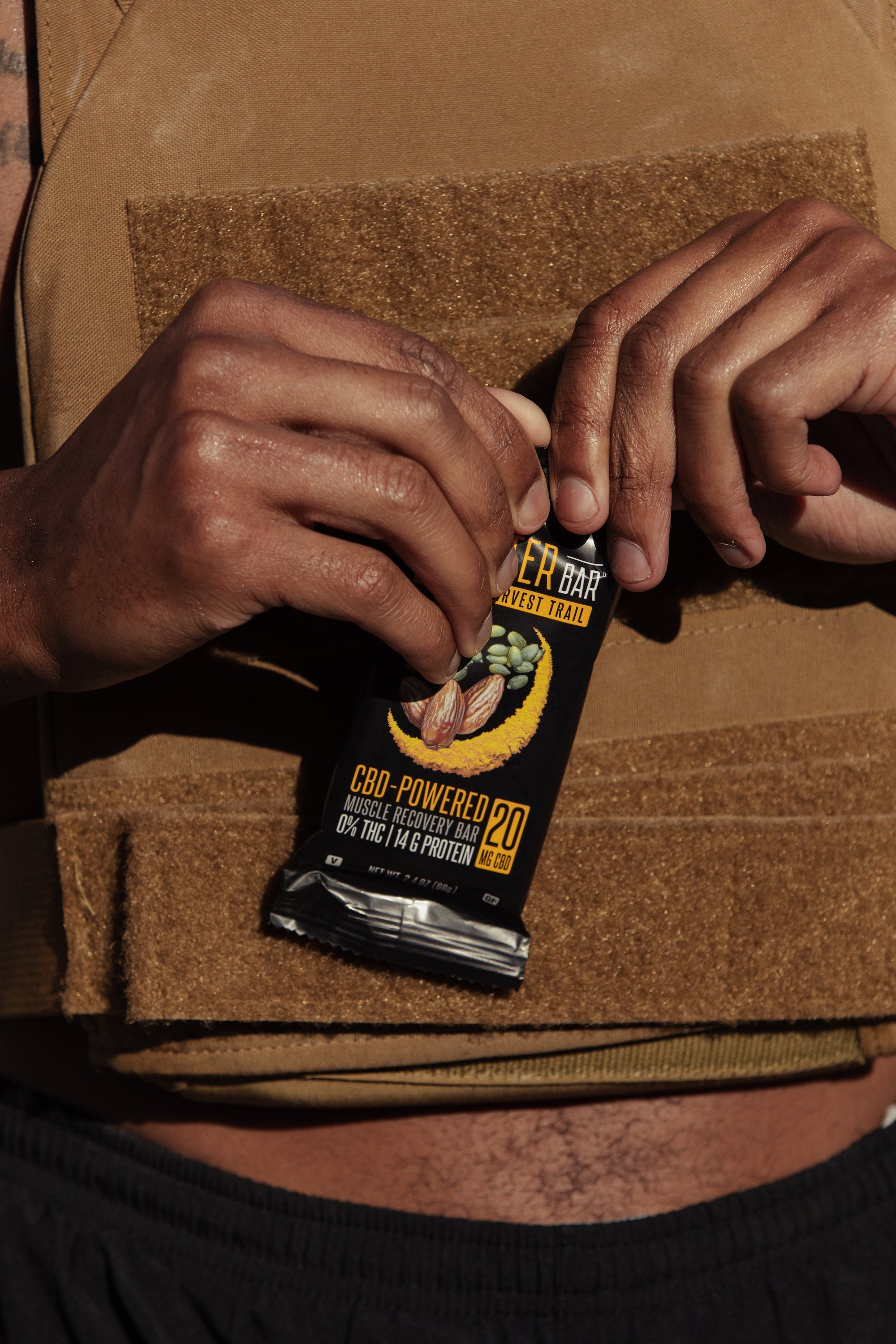

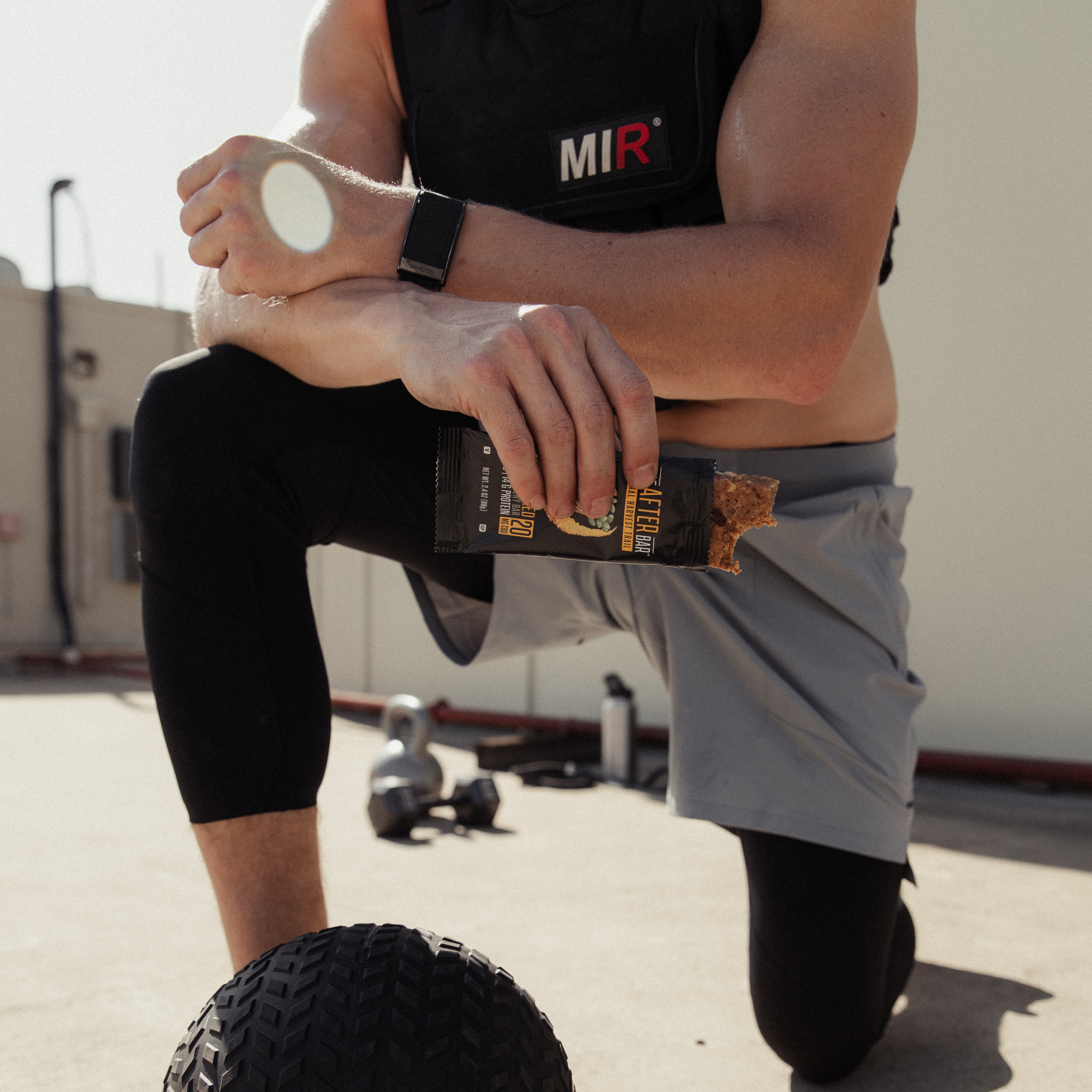
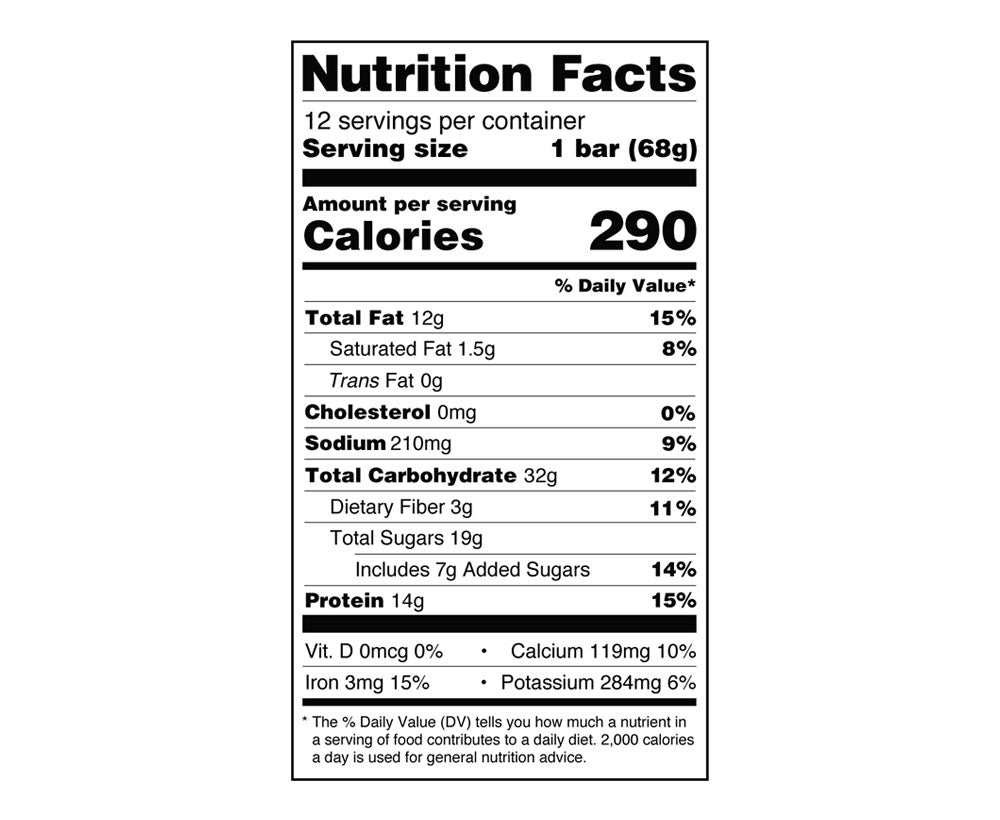
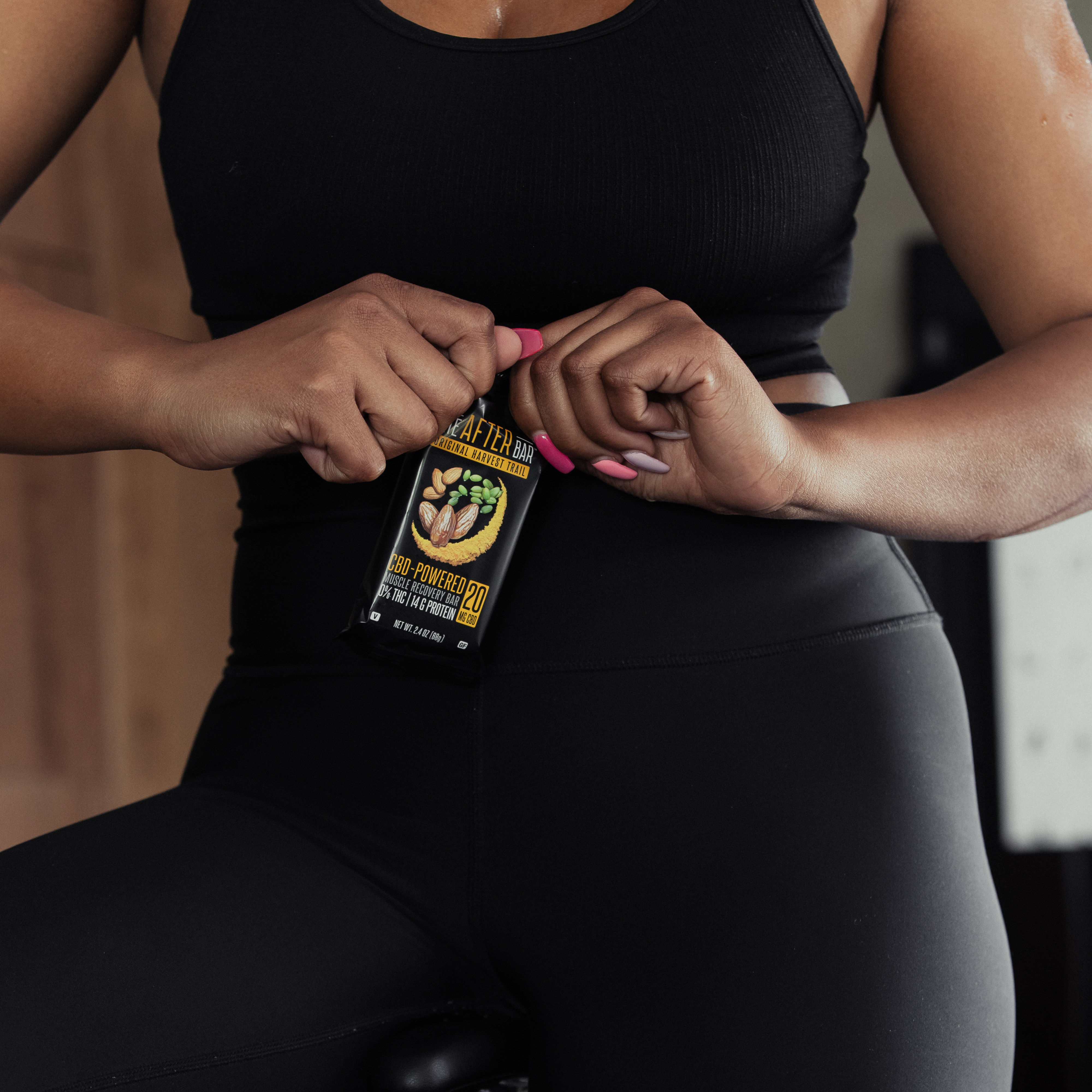
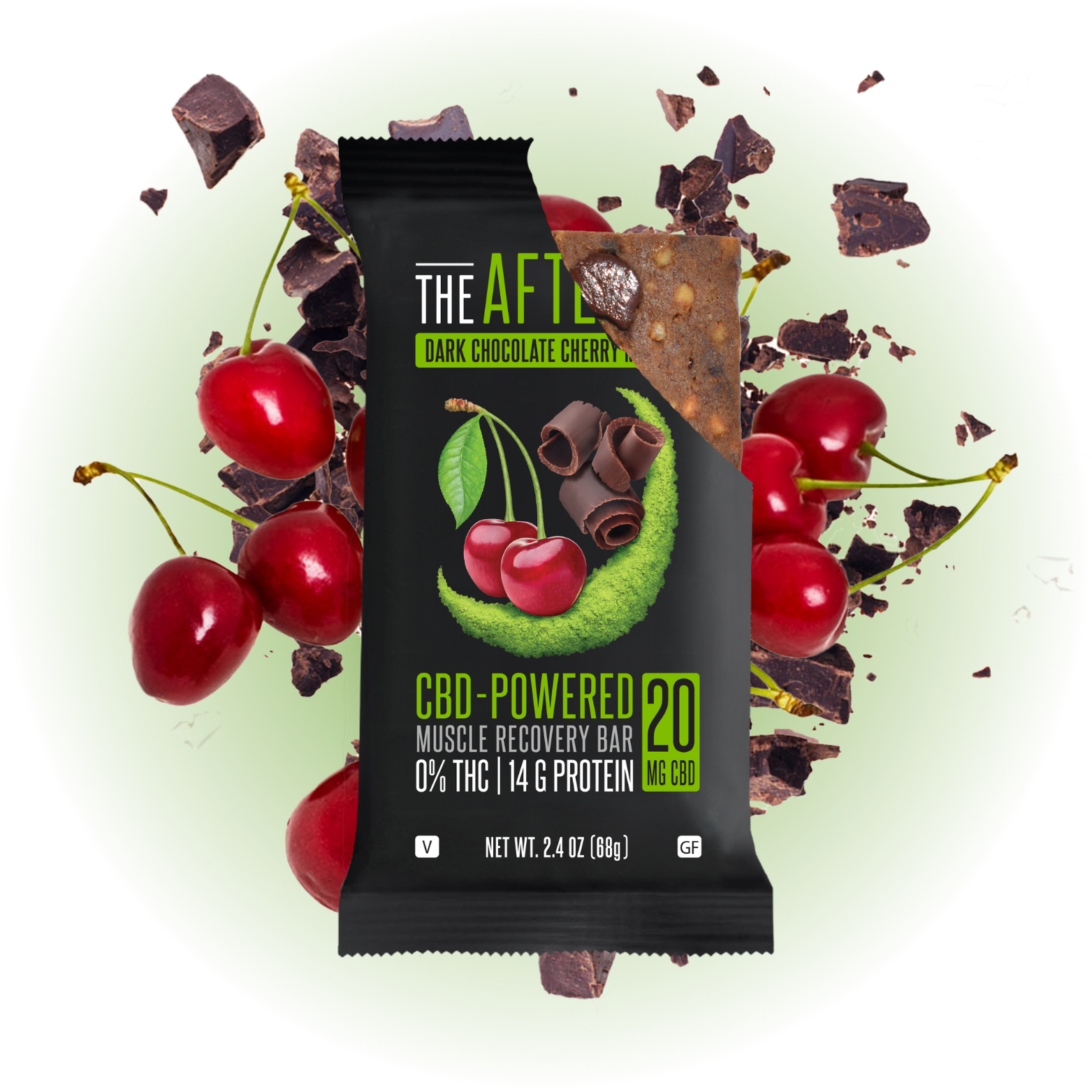
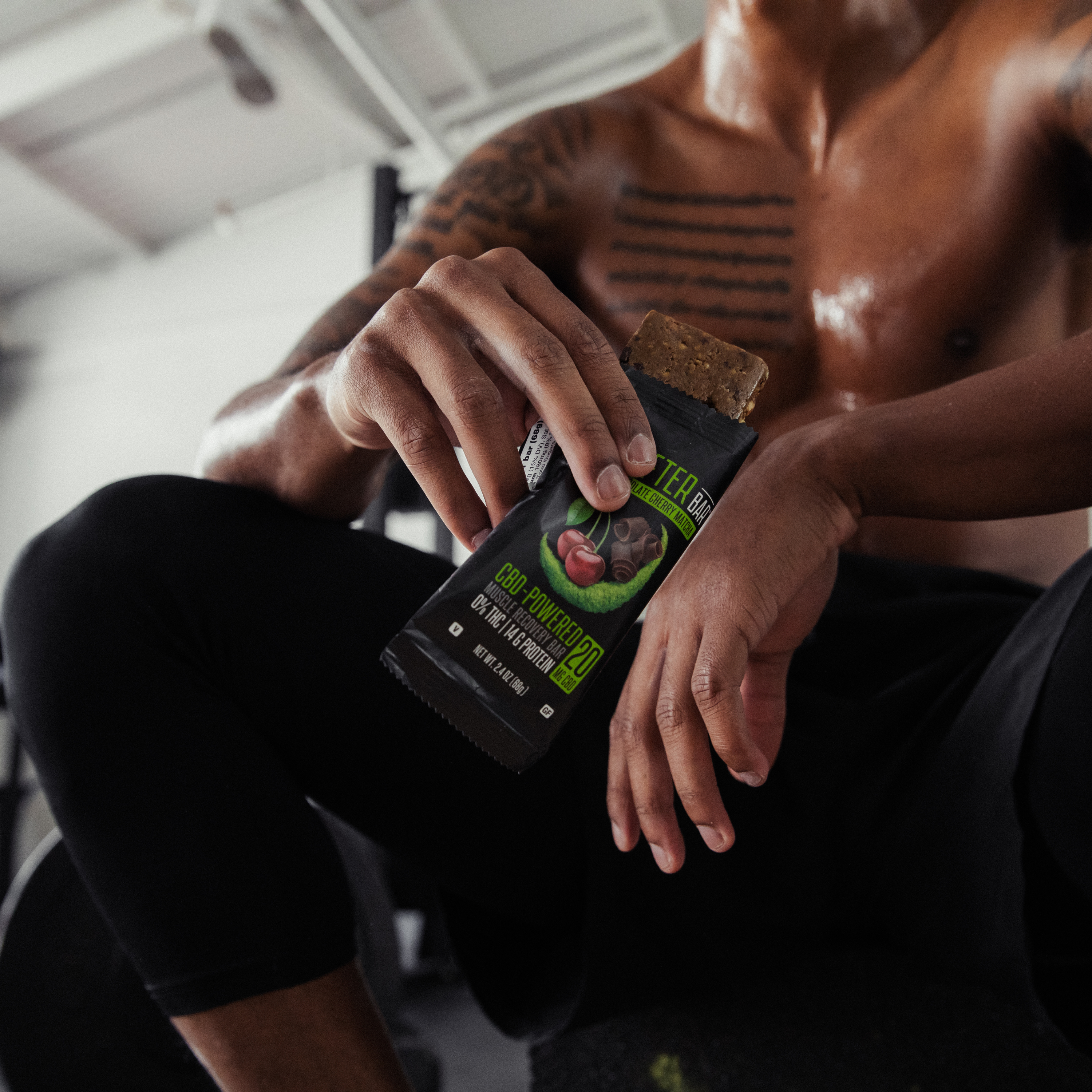
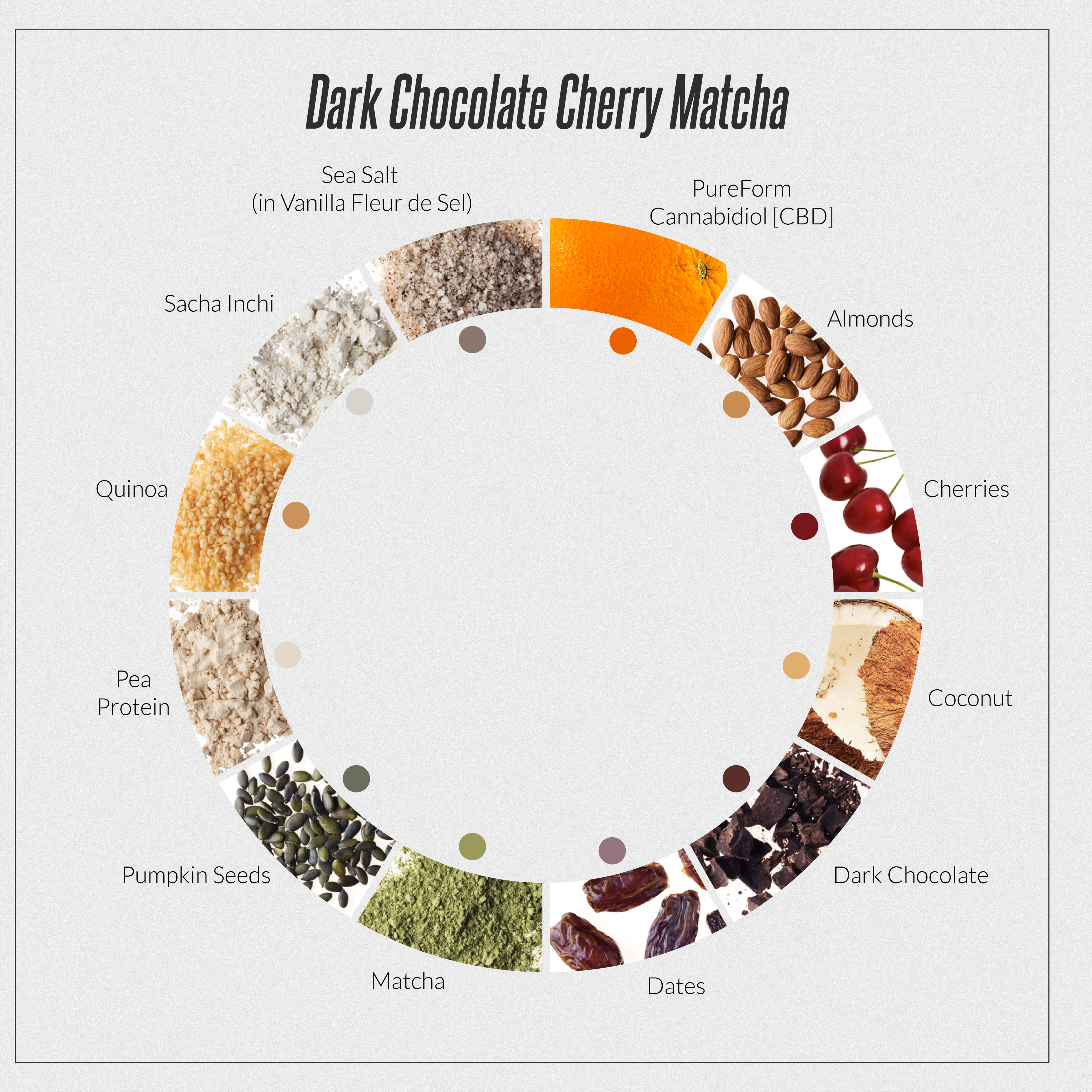
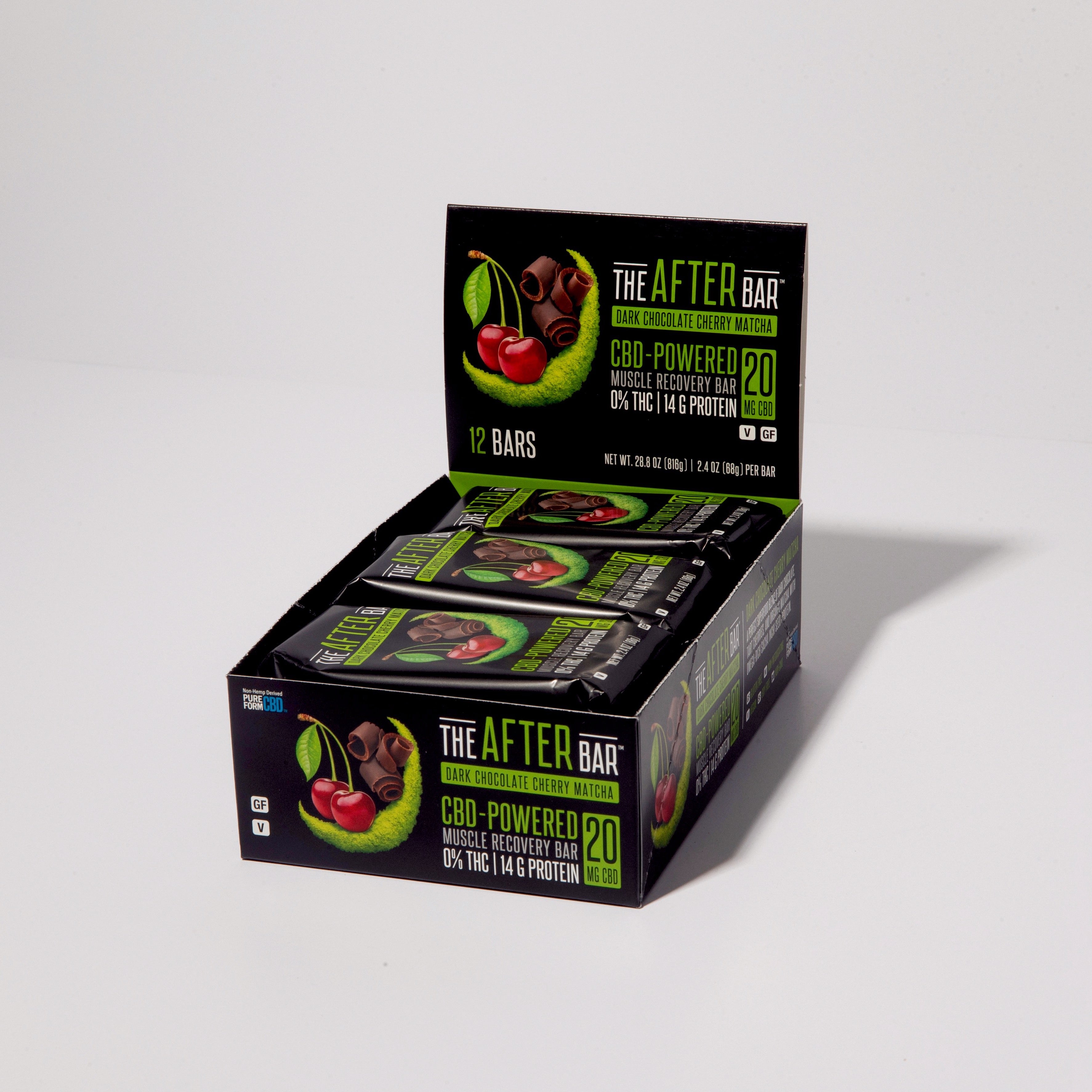
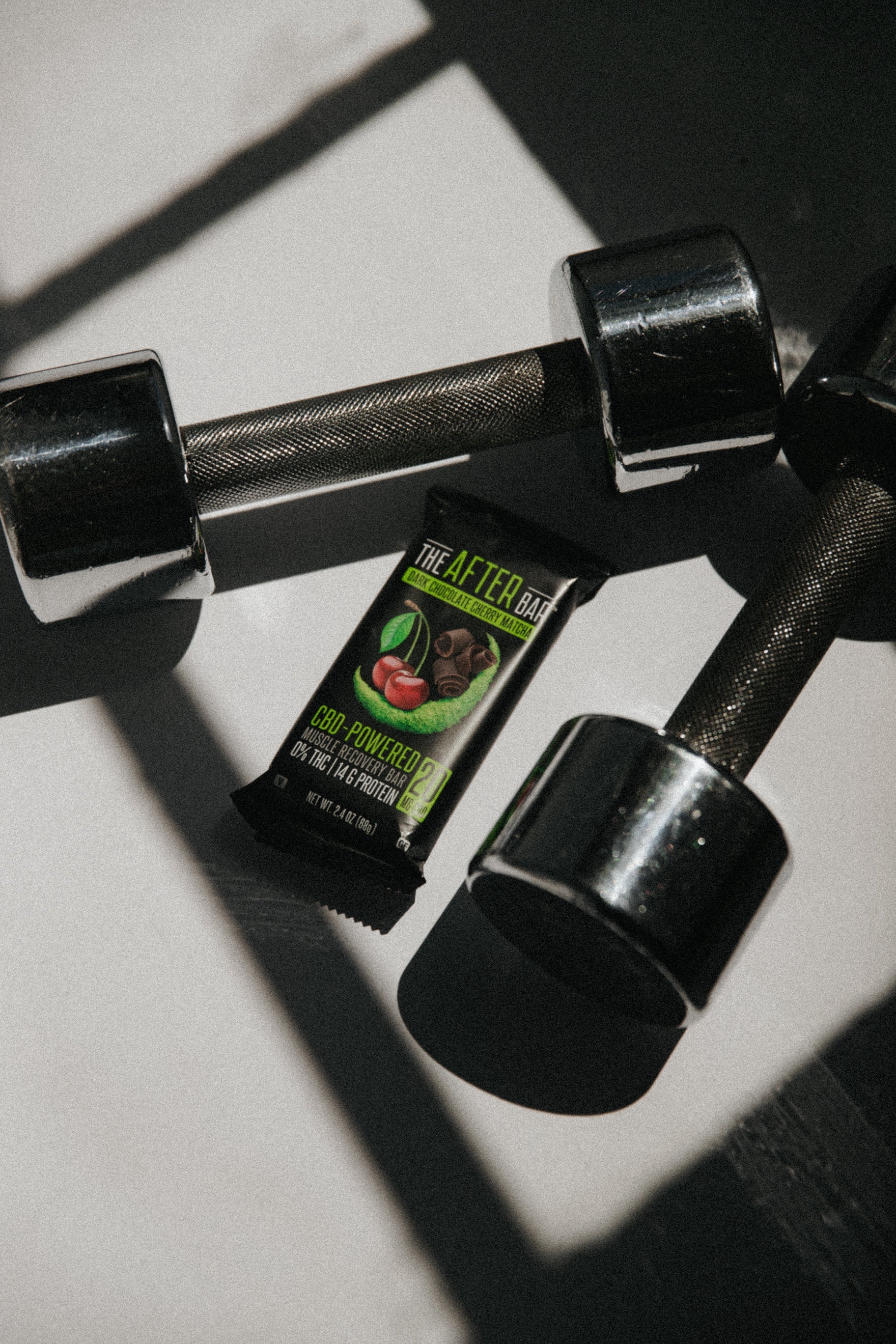
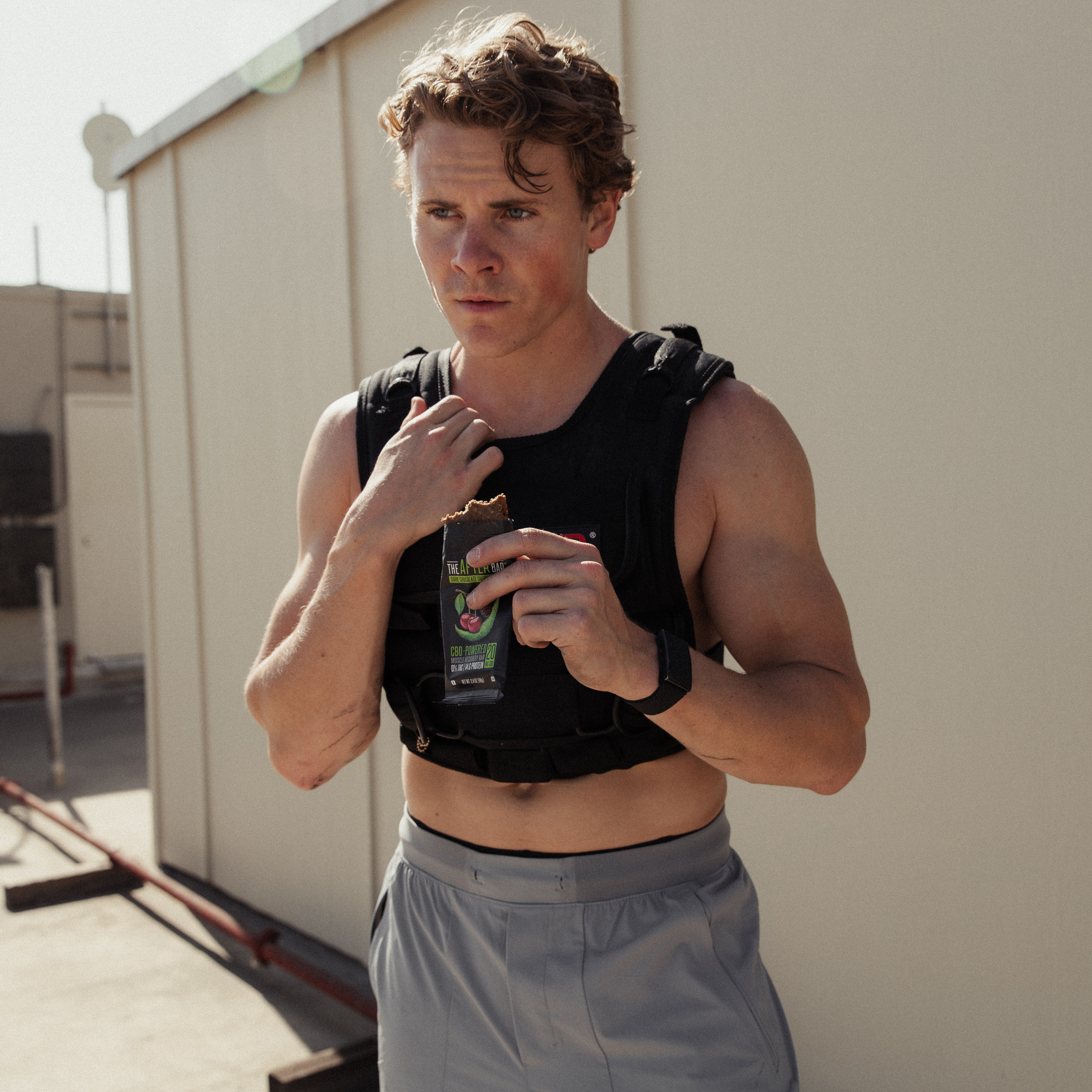
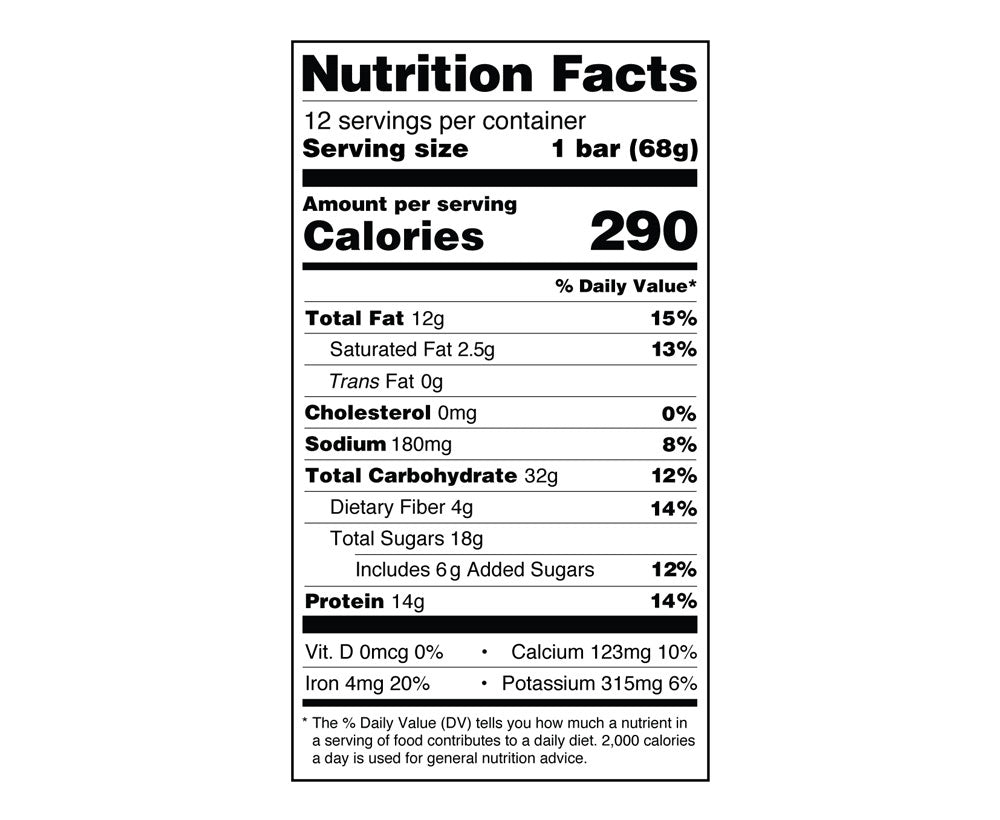
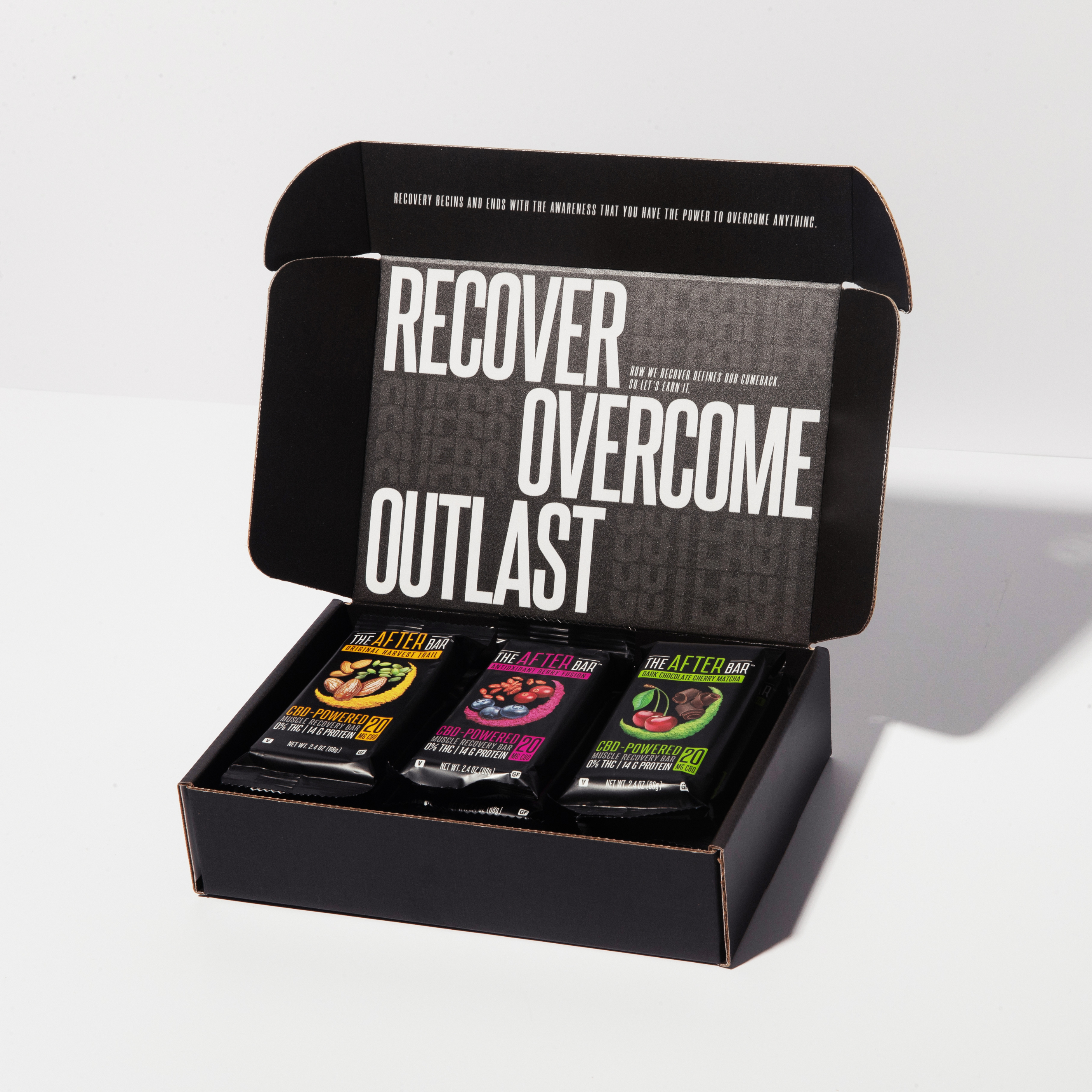
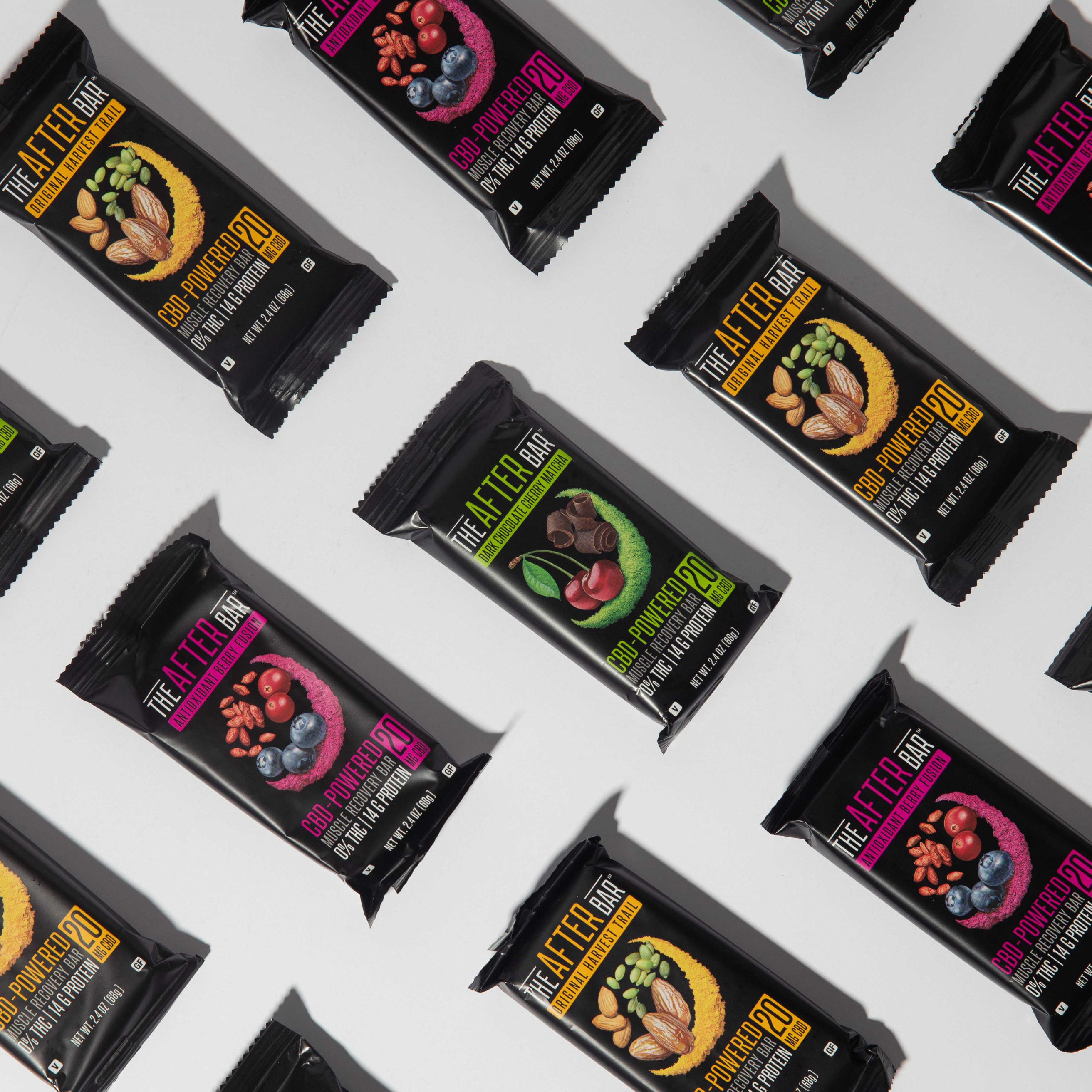

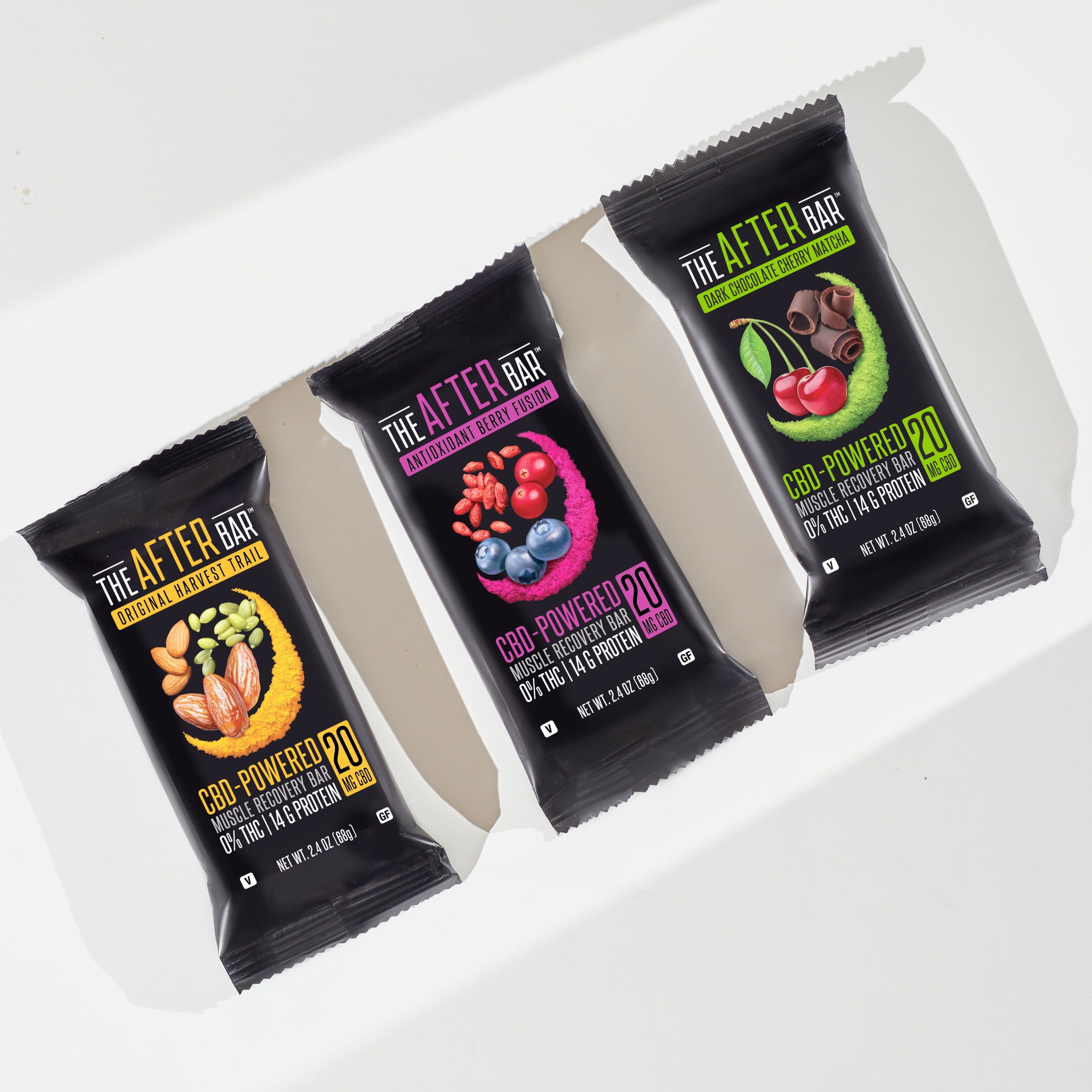
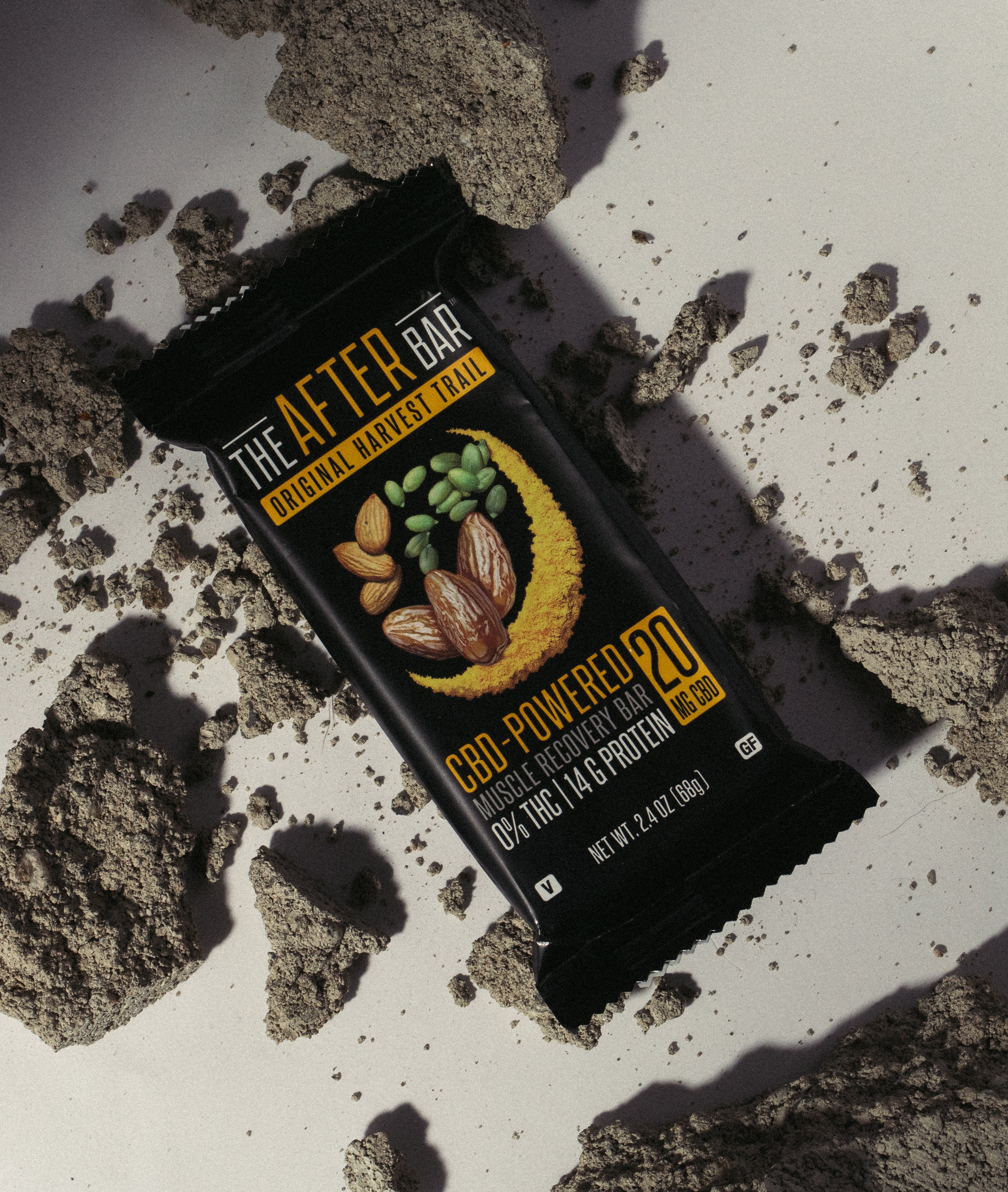
Leave a comment